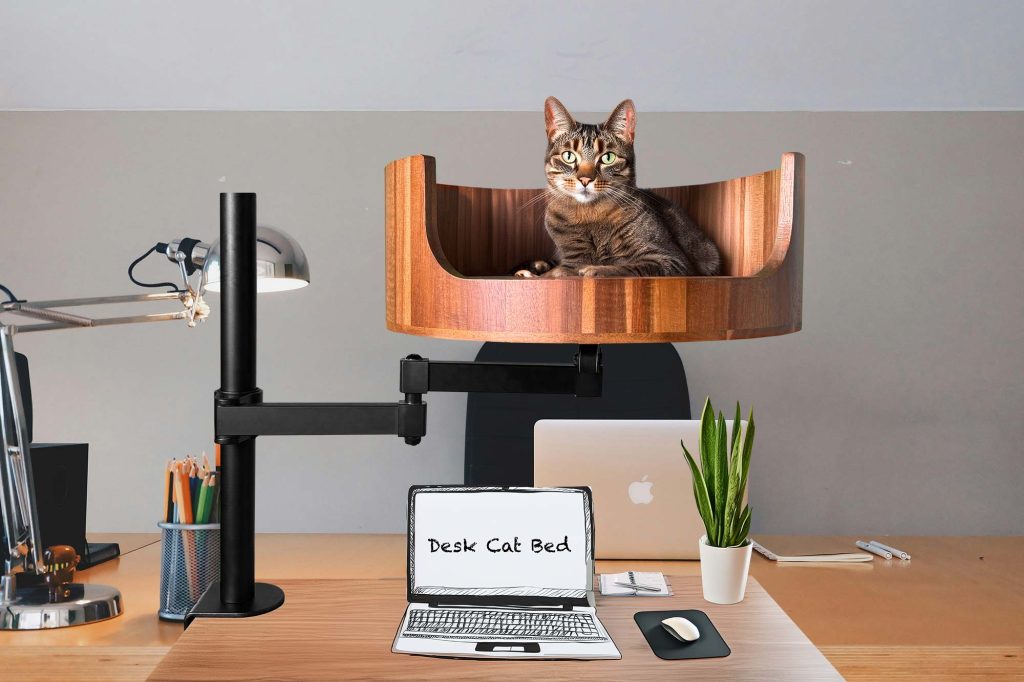Have you ever wondered if cats snore? While it may seem like a strange question, feline sleep sounds are actually quite common and can vary from cat to cat. From soft purring to loud snoring, our feline friends can exhibit a range of sleep noises that may surprise their owners. In this article, we will explore the reasons behind why cats snore, the different types of sleep sounds they make, and how to tell if your cat’s snoring is normal or if it could be a sign of an underlying health issue.
Understanding feline sleep sounds is important for cat owners to ensure their pets are sleeping soundly and peacefully. By recognizing the different sounds and what they mean, owners can better care for their cats and address any potential health concerns. Whether you have a noisy sleeper or a quiet cat, this article will provide insight into the world of feline sleep sounds and help you better understand your feline companion’s behavior during rest.
1. Cats can snore, just like humans, and it is usually completely normal.
2. Snoring in cats can be caused by various factors such as obesity, allergies, or even breed-specific traits.
3. Regular monitoring of your cat’s sleep habits, including snoring patterns, can help identify any potential health issues.
4. Certain breeds, such as Persian and Himalayan cats, are more prone to snoring due to their facial structure.
5. If your cat’s snoring suddenly changes in intensity or frequency, it’s important to consult with a veterinarian to rule out any underlying medical conditions.
What Causes Cats to Snore?
It is not uncommon for cats to snore while they sleep. There are several reasons why cats may snore, including obesity, allergies, respiratory issues, and the anatomy of their soft palate. Obese cats are more likely to snore due to the excess fat in their neck area putting pressure on their airways. Cats with allergies may also experience snoring as a result of nasal congestion. Respiratory issues such as asthma or respiratory infections can cause snoring in cats as well. Additionally, some cats may have a naturally elongated soft palate, which can vibrate during breathing and lead to snoring.
When Should You Be Concerned About Your Cat’s Snoring?
While occasional snoring is generally not a cause for concern, persistent or loud snoring could indicate an underlying health issue that needs to be addressed. If your cat’s snoring suddenly becomes louder or more frequent, it may be a sign of a respiratory infection or obstruction. Cats with chronic snoring may also suffer from conditions such as sleep apnea, which can affect their quality of sleep and overall wellbeing. If you are concerned about your cat’s snoring, it is best to consult with your veterinarian for a proper evaluation and potential treatment options.
How to Help a Snoring Cat Sleep Better
There are several ways you can help your snoring cat sleep better. Keeping your cat at a healthy weight through proper diet and regular exercise can help reduce the likelihood of snoring caused by obesity. If your cat has allergies, ensuring a clean and dust-free environment can help alleviate nasal congestion and reduce snoring. Providing a comfortable and quiet sleeping area for your cat, away from noisy distractions, can also improve their quality of sleep. In some cases, your veterinarian may recommend medical interventions such as nasal decongestants or surgery to address underlying issues causing your cat to snore.
Frequently Asked Questions
Do cats snore?
Yes, just like humans, cats can snore. While occasional snoring is usually harmless, persistent or loud snoring could be a sign of an underlying health issue such as allergies, respiratory infections, or obesity. If you are concerned about your cat’s snoring, it is best to consult with a veterinarian for a proper diagnosis and treatment.
Can the Desk Cat Nest help reduce snoring in cats?
While the Desk Cat Nest is designed to provide a cozy and comfortable sleeping space for your cat, it may not directly address the issue of snoring. However, providing a comfortable and stress-free environment for your cat can promote better overall health, which may in turn help reduce snoring.
Is the Desk Cat Nest easy to clean?
Yes, the Desk Cat Nest is designed with removable and washable cushions for easy cleaning. Simply unzip the cushions and wash them according to the care instructions provided. Additionally, the exterior of the Desk Cat Nest can be wiped down with a damp cloth for quick and easy cleaning.
Is the Desk Cat Nest suitable for all cat breeds?
The Desk Cat Nest is designed to accommodate cats of various sizes and breeds. However, larger breeds may not find the nest as comfortable due to limited space. It is important to consider your cat’s size and sleeping habits before purchasing the Desk Cat Nest to ensure a comfortable fit.
In conclusion, investing in a Desk Cat Bed is a valuable choice for cat owners looking to address snoring in their feline companions. The elevated design and plush cushioning of the Desk Cat Bed provide optimal support for cats while they sleep, helping to keep their airways open and reduce the likelihood of snoring. Furthermore, the cozy and comfortable design of the Desk Cat Bed ensures that your cat will enjoy a restful night’s sleep, leading to improved overall health and well-being. Choose the Desk Cat Bed to help your cat breathe easier and snore less.


